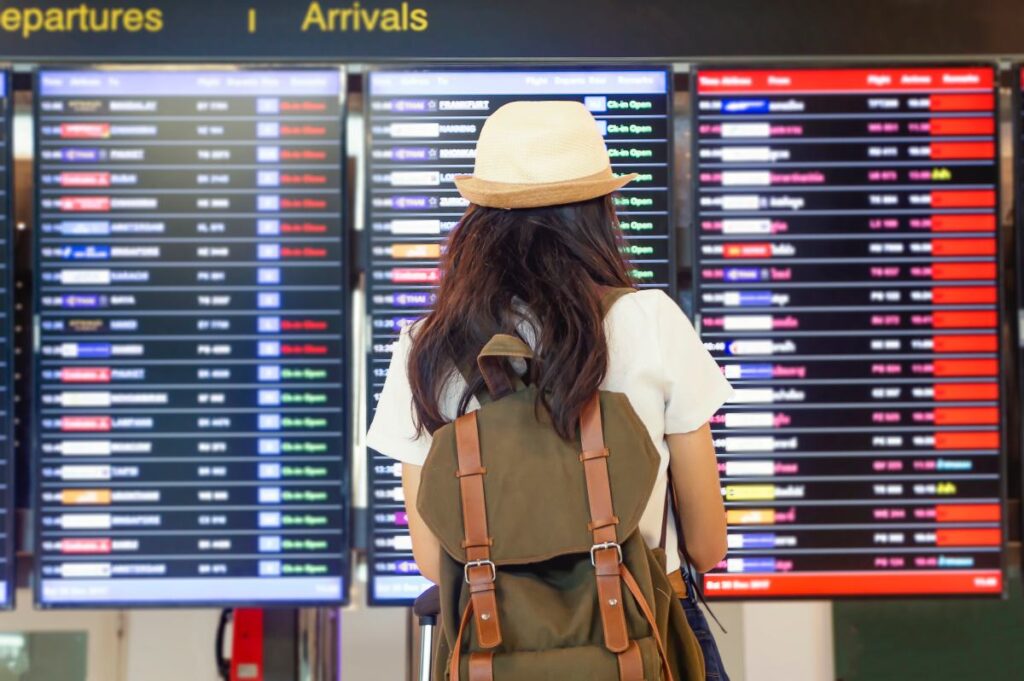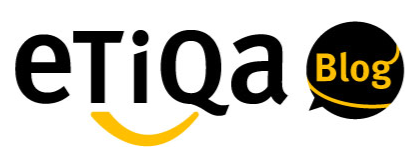Travel 101: Travel Claims- What You Should Know Before You Go

Travelling is one of life’s greatest joys, whether you’re exploring a bustling new city, soaking in island sunsets, or just hopping over for a weekend escape. But as amazing as travel can be, it comes with its own set of what-ifs. That’s where travel insurance or takaful steps in, giving you peace of mind when things go sideways.
But, many travelers aren’t sure how travel claims work. Is it a nightmare of paperwork? Do you need a folder full of documents? Will you ever get your money back?
Let’s walk through everything you need to know about making travel claims, with a bit of information about Etiqa’s travel insurance or takaful claims process.
What do I need when submitting travel claims?

The process differs from provider to provider. Generally, you will need to:
- Understand what your plan covers. Read the detailed policy or certificate before your travels.
- Ensure you have all the necessary documents for your claim. For example, if you’re submitting a flight delay claim, you would need your flight details and reason for delay.
- Know the platform to submit your claim. Is there an app, email, or website?
When it comes to Etiqa specifically, the travel claims submission is seamless and easy. Everything is done within the Etiqa+ app.
Bonus tip: If you’ve registered your flight before departure, Etiqa will detect delays automatically and reimburse you, so there’s zero effort on your end. If you end up in the hospital during your trip, just use the app to request a Guarantee Letter (GL) so you can get treated without paying upfront. Simple, fast, and hassle-free.
Why do some travel claims get rejected?
If you heard from your aunty, uncle, or Mrs Soo, your lovely neighbour who just returned from her travels that her travel claims didn’t get approved, don’t be discouraged. Travel insurance or takaful claims can be rejected for various reasons; some of the most frequent causes include:
- The incident isn’t covered. This could include high-risk adventure sports, trips to restricted countries, or events that happen outside your policy or certificate dates.
- You missed a deadline. Many policies or certificates have timeframes for when you need to report an incident. If you miss that window, your claim might not go through.
- The paperwork doesn’t match. Missing receipts, inconsistent details, or lack of proof can all slow things down or get your claim rejected.
- Pre-existing conditions. Most travel plans won’t cover pre-existing medical conditions. These are issues you may have before your trip; it’s only covered if it’s clearly included in your policy or certificate.
Etiqa Tip: If you’re planning on participating in adventures activities like scuba diving, ziplining, or skiing, make sure your policy or certificate includes coverage for it. With Etiqa, this would be getting the ‘adventurous activities’ add-on.
How can I ensure my travel claims are prompt and seamless?
Choose an insurance or takaful plan that has an efficient system or reputation from purchase or sign up to claims payout. Look for companies that have an e-commerce website for self-service options, an app, so you can get things done quickly, and 24/7 support either via email, phone, or app.
Besides that, to ensure your travel claims go through easily, here are a few things you can do.
- Understand your policy or certificate before your trip. Again, make sure you know what your coverage includes, from limits to exclusions.
- Keep receipts. Collect and retain all relevant evidence such as receipts, invoices, medical and police reports, and any other paperwork that supports your claim. Complete and accurate documentation is crucial for claim assessment.
- Report on time. Submit your claim as soon as possible after the incident. Timely reporting can speed up the process and reduce the risk of claim denial. If your provider has an app, do it while on-the-go rather than wait till you’re back.
- Stick to the rules and be honest! Stay clear of activities or destinations excluded by your policy or certificate (extreme sports or travel to restricted areas). Additionally, always provide honest, transparent information when filing your claim.
Why is documentation important for travel insurance or takaful claims?

Documentation is key to ensuring your travel insurance or takaful claims are approved quickly. It helps insurers or takaful operators verify that the claim is valid, prevents fraud, and ensures everyone pays fair premiums or contributions. When you submit complete documentation, there are lower chances of confusion and no delays with back-and-forth requests.
That said, not all claims need mountains of paperwork. For example, with Etiqa’s travel insurance or takaful claim is designed to make things as easy as possible with a fast-processing app, an automated system for flight delay claims and easy submissions. No forms, no hassle, just fast, reliable claims.
Final thoughts: Are travel claims processes easy these days?
Yes – 100%.

With the integration of technology and the use of apps and websites, everything is quicker, easier, and just more convenient. Even for short getaways, things can go wrong: delayed flights, theft or a sudden medical issue can show up and the cost of managing this can add up quickly.
With travel insurance or takaful from providers like Etiqa, you’re not only financially protected, you will also have the ease of a streamlined claims process, smart tech-based tools, and real human support whenever you need it.
So, the next time you pack your bags, make sure a solid travel plan (and app!) is packed too.
Because the only surprises you want to have when travelling, is the good kind.
The information contained in this blog is provided for informational purposes only. It should not be construed as advice on any matter. Etiqa accepts no responsibility for loss which may arise from reliance on information contained in this article. This information is correct as of 11 November 2025.
